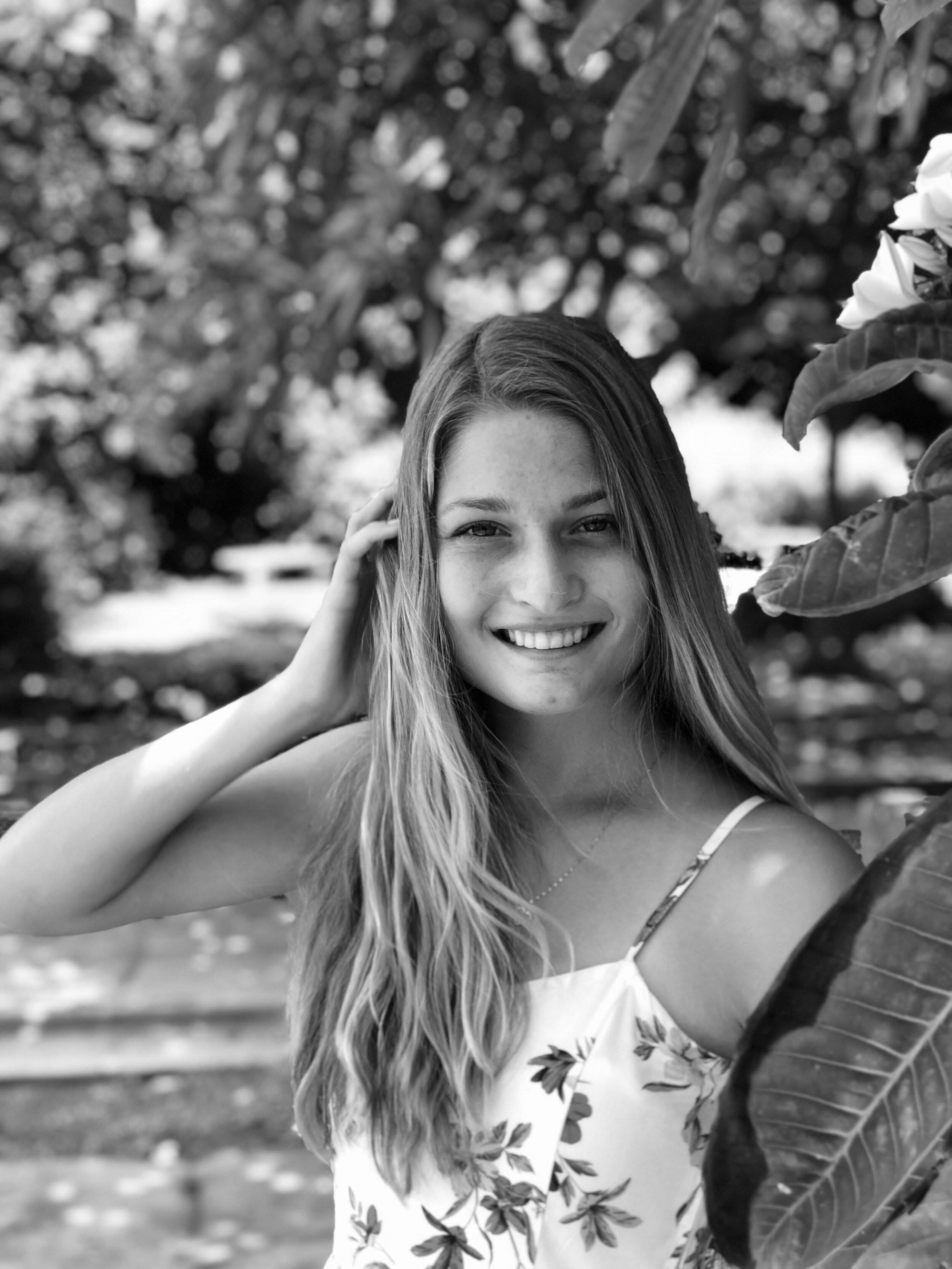
By Leanna Wiens
After establishing a relationship with my birth family, a thought and feeling that I do not “belong” to any family creeped its way into my mind. I knew I didn’t necessarily belong to my adoptive family because I do not share the same DNA as them. After all, that’s what I learned in 8th grade biology, and now I have the DNA tests from 23 & Me to prove it. But the reality hit me that I don’t fit in perfectly with my biological family either. I don’t live the lifestyle that they do, eat the same food at Christmas dinners, or listen to the same music that my birth dad does. This confused me at first. I thought that once I had found my birth family everything about me would make complete sense. I thought that I would finally figure out who I was. I have struggled with discovering who I am and being confident in it since I can remember. Nancy Newton Verrier addresses this problem of misplaced identity in adoptees and why it occurs in her book The Primal Wound. She says, “[Adoptees] do not fit in with their adoptive families with whom they share few personality traits, nor do they fit in with their birth families who may have been living in an entirely different environment.” She goes on to say, “A great deal of understanding from everyone concerned is needed to help heal the feeling of alienation.” I resonate so much with this, especially after establishing a relationship with my birth family. I would say that my relationship with my birth family is healthy, and that there is a healthy connection in all parts of the adoptive triad (me, my birth dad, and my adoptive family). Just this past summer my birth dad and his wife came to my hometown to visit me for my birthday. They spent a week here in which they came to my birthday party with my adoptive family, and took me to Long Beach, where I was born. I also met my birth uncle on my birth mom’s side. My birth dad and birth uncle both told me stories about my birth mom and the similarities in my personality that they see between us. This was refreshing. I felt like a “normal” child when I heard my birth uncle say, “You look just like your mom.” It’s hard in today’s society to feel validated and “normal” as an adoptee. I still struggle with comparing myself to other biological children living with their biological parents, trying to gain approval from others, and looking to fill the holes in my identity with earthly, temporary accomplishments or talents.
Above what my adoptive parents think of me and how much I belong in my family here on earth, I put my identity and trust in God. The thing that I have clung to in my struggles with depression, misplaced identity, and anxiety has been my faith in the Lord, Jesus Christ.
>
““Trust in the Lord with all your heart, and lean not on your own understanding; In all your ways submit to him, and he will make your paths straight.””
The way I understand and view myself and my experience has changed as I have read the science behind adoptees’ struggles and brain development. Instead of something being “wrong” with me, I understand the science behind these challenges I experience. It has been a relief for me to learn these things. My struggles and experience are my driving force to help others. I recognize in my personal experience and time that I’ve spent researching that I have an opportunity to make a difference in other’s lives. I’m sure this knowledge can also impact other adoptees who may feel like there is something wrong with them.
I continue to learn today about why I am the way that I am. Both having a relationship with my birth family and gaining scientific knowledge have led me to this journey that is an adoptee’s story. My story. Thank you for letting me share.
